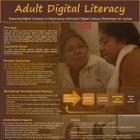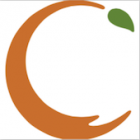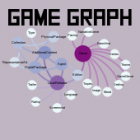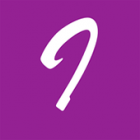
FoodBuddy
One key to success is to build positive relationships with people but sometimes it might be difficult to find a connector or keep in touch after meeting new connections. Today we are introducing our project FoodBuddy that will bridge the gap between technology and interpersonal relationships and revolutionize the way to network in a casual environment through dining. FoodBuddy essentially is an events-based IOS app that connects you to eat with your friends, colleagues or even strangers. Registered users can easily publish and join events, explore hot activities nearby and follow the person you are interested in talking to. More importantly, you can grow your relationship with others right away. Can’t wait? Stop by our booth and let us help you build up your network while having fun meals. Remember, you should never eat alone!










